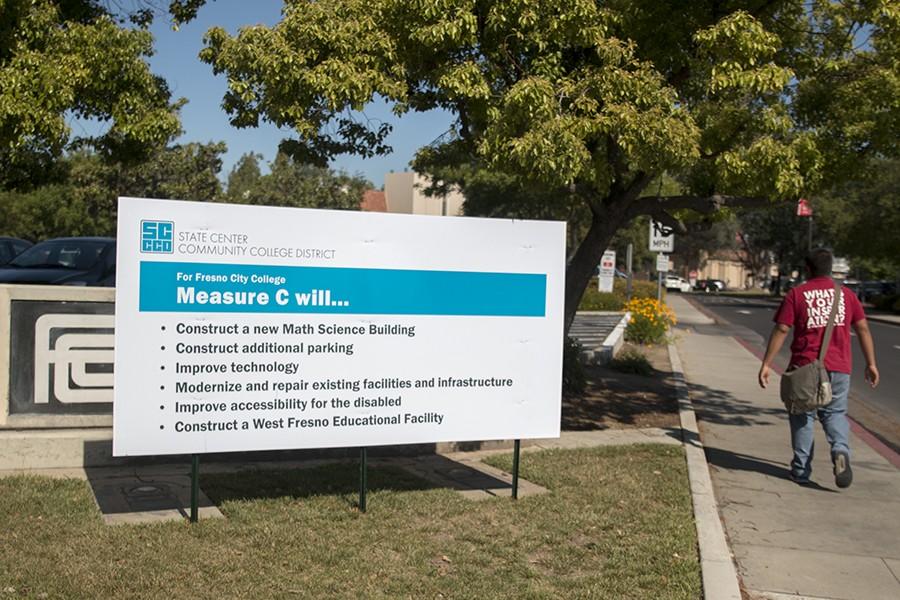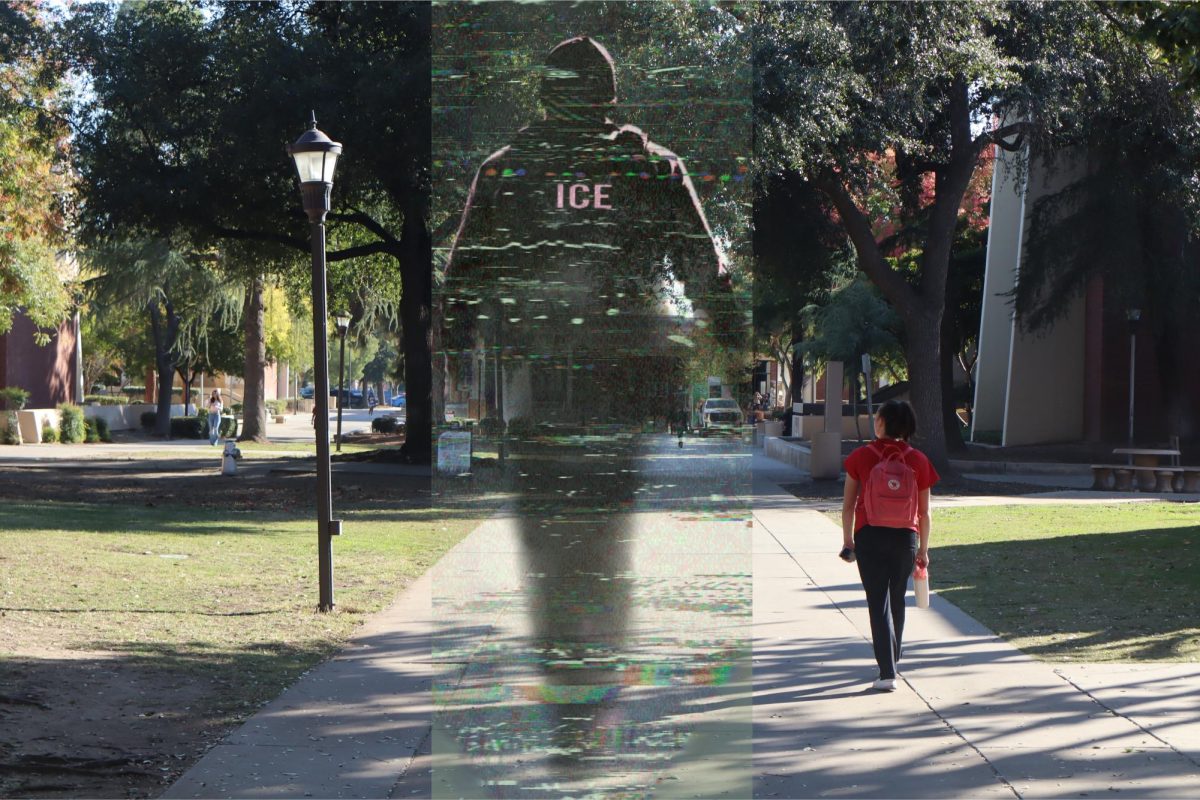The era of pessimism has begun at Fresno City College.
That was the message that Fresno City College’s newly appointed president Tony Cantu sent to faculty and staff during budget briefing sessions on Friday.
Grim budget prospects that extend from the State Center Community College District’s board room to the state Capitol will bring on new challenges for students, staff, faculty and administrators heading into a new fiscal and school year.
For students, a smaller budget for the 2012-2013 fiscal year means one proposal could grow to near certainty: summer school is gone.
While student efforts succeeded in stopping the elimination of summer school for this summer, the chances of repeating the grassroots effort with success is considerably less likely.
The current budget projection omits summer school in 2013 for the district’s full-time equivalent student cap. Cantu even pointed out the omission, saying that the current budget discussion included talk of eliminating summer school in 2013.
The strategy behind writing off summer school early is twofold. First, it follows the “expect the worst, hope for the best” budgeting model. Second, it allows SCCCD to spread the word to students planning out their school schedule for 2012-2013 that there likely won’t be a summer session, preventing a blunder similar to what occurred during the January mid-year reduction.
“The district needs to realize that summer school is an investment in students,” Nathan Alonzo, newly elected ASG president, said. “The situation for students is going to get worse if we can’t help students move forward.”
Cantu compared the current fiscal year’s budget with the projections for 2012-2013, openly admitting that the district had budgeting shortcomings given the cuts in January in February.
In 2011, the district set aside a deficit fund of $640,000 in preparation for the cuts. The mid-year cuts were approximately $2.5 million, with a large portion coming from the district’s sizeable reserve fund.
“As you can see, we were way off,” Cantu said of the meager deficit fund.
For staff and faculty, Cantu started by addressing the current makeup of the college’s budget before discussing their pay.
The current budget for the college allocates 96 percent for classified and certificated salaries and benefits, totaling more than $66 million, which Cantu pointed toward as being far higher than normal.
The current projection includes a 6 percent salary and benefits concession from permanent staff, equaling to more than $3 million, as part of a $4 million reduction.
Lacey Barnes, the senior vice president of the California Teachers Federation, said in an email to union members that Cantu’s budget briefing violated the collective bargaining law by directly informing union members of its position on contract concessions.
“Negotiations have not yet begun,” she said in the email. “The district has not officially notified the Federation of its position, nor has the Federation notified the district of ours.”
In total, the 2012-2013 budget projection allows FCC to operate with more than $67 million, about $3 million less than what the college operated with during 2011-2012 fiscal year.
While all of the cuts were brought forward to FCC employees, Cantu also made mention of Gov. Jerry Brown’s merger tax initiative which would bring new tax revenue to California Community Colleges.
Unfortunately, it wasn’t in any positive light.
“[The district is] assuming it’s not going to pass,” he said. “Support is declining.”
Cantu said that if the plan does happen to pass, the new funds could be used toward adding classes during the year or increasing funding for operations.
While most of the college’s budget is contingent upon changing tax revenue and salaries, one thing is likely to remain constant: that bad news is the only news for the next year.












